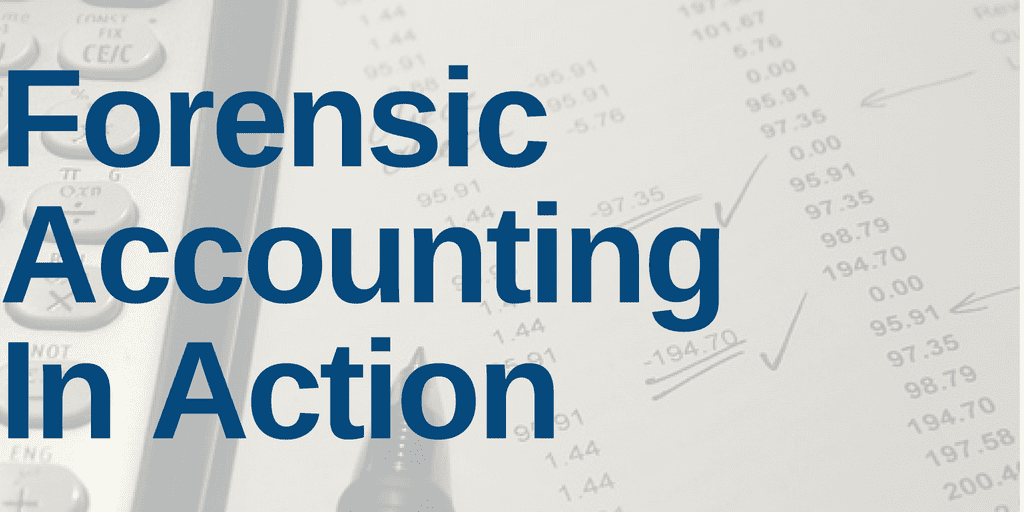For March 4, 2020, our forensic accounting needle in a haystack comes from special charges hidden in operating earnings of a pizza restaurant operator and franchisor.
Analyst Robbie Woodward found unusual items in Papa John’s International’s (PZZA) 2019 10-K.
On Page 100, PZZA discloses $41.3 million in special charges hidden in PZZA’s General and administrative expenses. These charges include:
- $27.5 million of marketing fund investments
- $5.9 million of legal and advisory fees related to Starboard Value’s investment into the company
- $5.6 million of a one-time mark-to-market adjustment related to Starboard’s exercise of an option to purchase additional preferred stock
- $2.4 million of severance costs for PZZA’s former CEO and the termination of a license agreement
After adjusting for all reported and hidden unusual items, we find that PZZA’s 2019 core earnings[1] of $19 million reveal a much different picture of the firm’s profitability than its GAAP net income of -$8 million.
PZZA’s understated earnings earn the stock our “Beat” Earnings Distortion Score (as featured on CNBC Squawk Box), which means PZZA is more likely to beat consensus expectations. Despite its likelihood to beat earnings in the short-term, PZZA earns an Unattractive Risk/Reward rating, which focuses on the long-term, primarily due to its expensive stock price.
The Power of the Robo-Analyst
We have analyzed 364 10-K and 10-Q filings since February 27, 2020, from which our Robo-Analyst[2] technology collected 41,596 data points. Our analyst team made 8,550 forensic accounting adjustments with a dollar value of $3.7 trillion. The adjustments were applied as follows:
- 3,436 income statement adjustments with a total value of $226 billion
- 3,609 balance sheet adjustments with a total value of $1.5 trillion
- 1,505 valuation adjustments with a total value of $1.9 trillion
No Substitute for Diligence
Our technology enables us to deliver diligence on fundamentals at a previously impossible scale. We believe this research is necessary to uncover the true profitability of a firm and make sound investment decisions. “Core Earnings: New Data and Evidence,” a recent paper from professors at Harvard Business School and MIT Sloan, shows how our adjustments create a measure of core earnings that is more predictive of future earnings than comparable metrics from Compustat and IBES.
Only by reading through the footnotes and making adjustments to reverse accounting distortions can investors and advisors alike get beyond the noise and get the truth about earnings and valuation.
This article originally published on March 4, 2020.
Disclosure: David Trainer, Robbie Woodward, Kyle Guske II, and Matt Shuler receive no compensation to write about any specific stock, sector, style, or theme.
Follow us on Twitter (#filingseasonfinds), Facebook, LinkedIn, and StockTwits for real-time alerts on all our research.
[1] In Core Earnings: New Data & Evidence, professors at Harvard Business School (HBS) & MIT Sloan empirically show that our measure of “core earnings” is superior to “Street Earnings” from Refinitiv’s IBES, owned by Blackstone (BX) and Thomson Reuters (TRI), and “Income Before Special Items” from Compustat, owned by S&P Global (SPGI).
[2] Harvard Business School features the powerful impact of our research automation technology in the case New Constructs: Disrupting Fundamental Analysis with Robo-Analysts.
